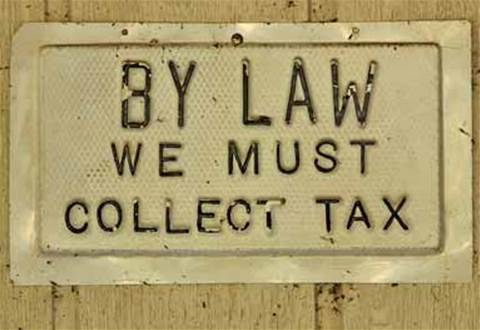The sales tax exemption of United States online retailers could come to an end this year as legislative proposals to change the current status find greater support.
Called the Marketplace Fairness Act, the proposed new law would force online and catalogue retailers to collect sales tax at the time of transaction irrespective of where they are located.
The proposed Act has support from both the Democrats and Republicans in Congress. The estimated loss of revenue to recession-struck US states is $US11 billion, making the case for the new law more compelling, Reuters reported.
Whereas in 1992 the US Supreme Court decided that keeping track of thousands of different local tax rates was deemed an "an insurmountable technical, administrative, or financial burden", the authors of the proposed new law say the world is a very different place now and this is no more difficult than calculating real-time shipping.
Even then, the proposed Act requires US states to simplify their sales tax laws for collection to be authorised. States will have to notify retailers in advance of changing tax rates and agree to other measures such as providing free software for compliance.
The proposed law is supported by a large number of US trade associations and bricks-and-mortar retail giants such as Best Buy, Target and Walmart.
Online retailer Amazon appears likely to give it qualified backing as well, contingent on the simplified sales tax laws provision in the new law.
Auction site giant eBay has come out against the new law, telling All Things Digital it would hurt some of its largest sellers.
"There is no benefit compared to the harm that would be done," eBay's director of global policy Brian Bieron told All Things Digital, adding that no small business should face new taxes.
According to Bieron, the $US1 million revenue limit for small businesses as proposed in the Marketplace Fairness Act is too low, and should be 30 times higher.
Bieron did not reveal how many of eBay's sellers would be caught by the new sales tax rules; however, in 2010, the total value of goods on the auction site was almost $US61.7 billion.
Operators of physical stores have long complained that online retailers have unfair advantages compared to those bound by local tax rules.
In 2011, thousands of Australian retailers including giants such as Myer, Harvey Norman, and David Jones wrote to the Government demanding that either the $A1000 goods and sales tax (GST) on purchases threshold be abolished, or it should apply to everyone.
While the Government is thought to be considering changes to the GST threshold, taxation experts warn that they could be difficult to implement and also, not bring in as much revenue as expected.
Changing the threshold would also be unpopular with voters in an election year.








_(27).jpg&h=142&w=230&c=1&s=1)




.jpg&w=100&c=1&s=0)








_(1).jpg&q=95&h=298&w=480&c=1&s=1)


